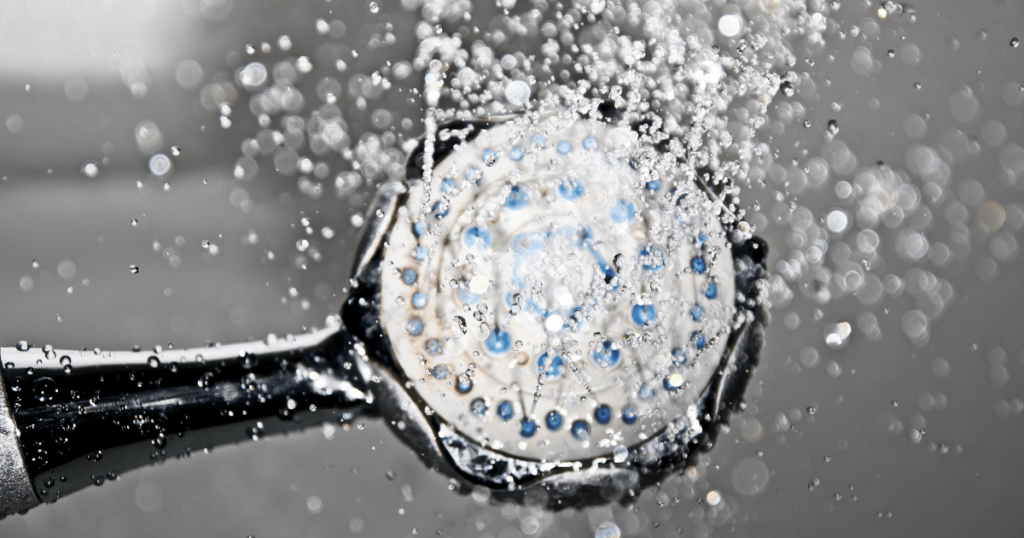
In the wake of the hottest day on record, and heatwaves becoming a more frequent occurrence in the UK, ways in which we can save water have once again become a key topic of conversation within the construction industry and in our everyday lives.
Given the nature of their typical day-to-day responsibilities, plumbers should always be looking for ways to be as efficient as possible when it comes to water consumption — this applies to their own work habits, and the services and advice they offer to customers.
What can plumbers do to reduce water consumption?
Installing (or encouraging customers to install) modern bathroom appliances like low-flow showerheads can drastically reduce water flow by up to 1.75 GPM (gallons per minute), meaning up to 50% less water is used when compared to traditional showerheads.
High-efficiency toilets are another increasingly common solution, with dual-flush toilets typically using 4-6 litres of water per flush compared to 13 litres for traditional toilets, as are taps fitted with aerators, enabling high-pressure flow while using up to 60% less water.
Hot water recirculation pumps, which have been commonplace in hotels for years, are also now used in domestic settings. These pumps work alongside a current hot water heater to deliver hot water faster, reducing the waste of excess cold water when waiting for it to heat.
Pressure-reducing valves (PRV) can also be extremely useful given that many homes have their water pressure set at 70psi by default when in fact the majority of households can function perfectly fine at a pressure level of 25psi.
What advice can plumbers offer to customers to save water?
One of the most simple, but incredibly effective ways of reducing water consumption is having appliances checked regularly. Leaks, damaged pipes and faulty appliances can all lead to gallons upon gallons of water being lost every single day without a person even realising it.
Try to take showers over baths, a five-minute shower uses about 40 litres of water, around half of a standard bath, and wait until the dishwasher and washing machine are fully loaded before using.
In the garden, research which plants are right for our temperature conditions, this will reduce the amount of water needed to care for them. Also, use a watering can as opposed to sprinkler systems — sprinklers and hose pipes can use between 500 and 1,000 litres of water per hour when left running.
Naturally, newer appliances tend to be far more efficient, meaning they’re often a worthwhile investment. Of course, not everyone is in a position to purchase a brand-new appliance, but a plumber can always offer advice on the long-term benefits and potential savings.
For more water-saving advice take a look at the Water Services Regulation Authority’s (Ofwat) guide to saving water at home.